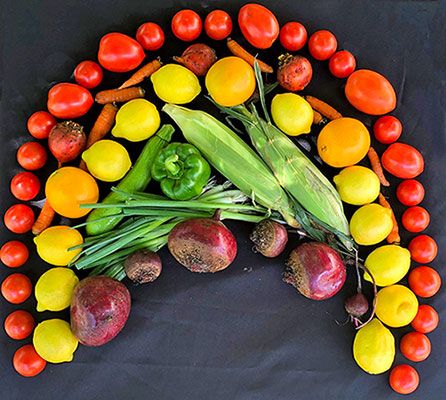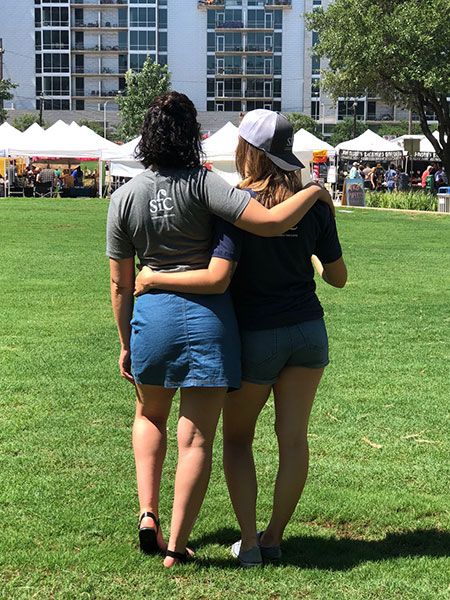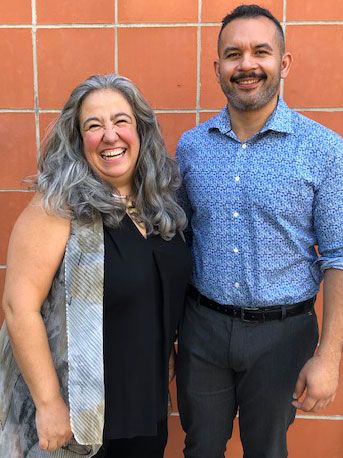If there’s one thing we know at SFC, it’s that we are always learning. We are learning about new issues and complexities within our food system. We are learning to adapt to the changing needs of our growing city, and we are learning about the best ways to support our farmers and most effectively increase access to healthy, affordable food. Learning is so intrinsic to who we are as an organization, that we recently set it as one of our 5 core values.
As we do this work, we are also committed to building a culture of belonging, where SFC is safe, accessible, and inclusive to all. We know that until all communities feel seen and represented in our programs and our vision, our work is not done – and we also know this will be a continual learning process.



